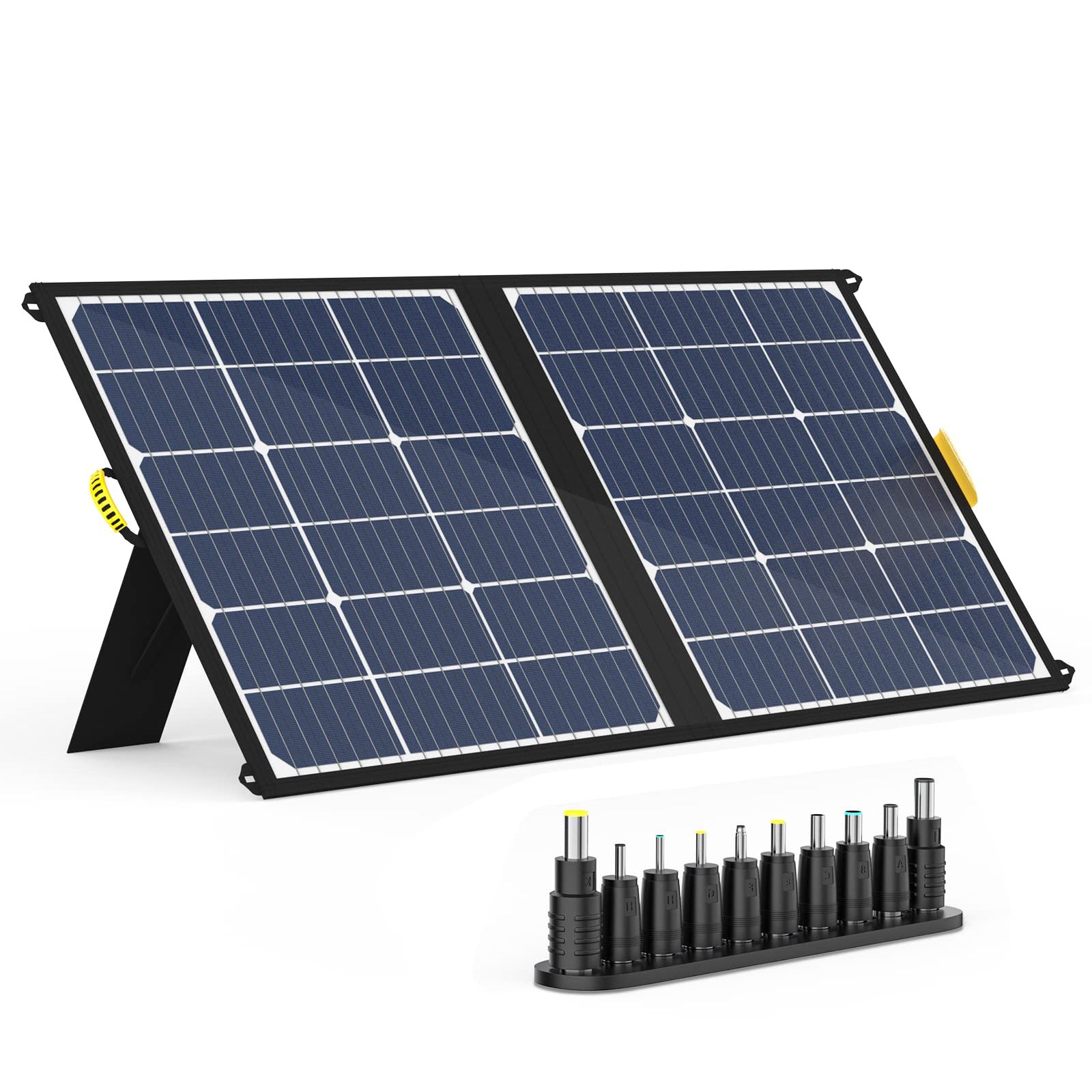The camping industry has seen a significant transformation in recent years with the introduction of solar RV generators. These innovative devices have revolutionized the way people experience camping, providing a sustainable and reliable source of power in remote locations. In this article, we will explore the various ways in which solar RV generators are transforming the camping industry and enhancing the overall camping experience.

1. Sustainable Power Source
One of the key advantages of solar RV generators is their ability to harness the power of the sun to generate electricity. Traditional generators rely on fossil fuels, which not only contribute to air pollution but also require constant refueling. Solar RV generators, on the other hand, utilize clean and renewable energy, reducing the carbon footprint associated with camping activities. By harnessing the power of the sun, campers can enjoy a sustainable power source that is both environmentally friendly and cost-effective.
Moreover, solar RV generators offer a silent operation, eliminating the noise pollution typically associated with traditional generators. This allows campers to fully immerse themselves in the tranquility of nature without any disturbances.
2. Independence from Electric Hookups
Another significant advantage of solar RV generators is their ability to provide campers with independence from electric hookups. In the past, campers were limited to campsites with electrical connections or had to rely on noisy and polluting generators. With solar RV generators, campers can venture into remote locations and still have access to electricity for their appliances and devices.
Whether it's charging smartphones, powering refrigerators, or running air conditioning units, solar RV generators offer a reliable and convenient power source. This newfound independence allows campers to explore off-grid locations and experience the beauty of nature without sacrificing modern comforts.
3. Flexibility and Portability
Solar RV generators are designed with flexibility and portability in mind. Unlike traditional generators, which are often bulky and heavy, solar RV generators are lightweight and compact. This makes them easy to transport and set up, allowing campers to quickly and effortlessly deploy their power source.
Furthermore, solar RV generators can be easily adjusted to capture the maximum amount of sunlight, ensuring optimal energy production. Some models even come with built-in tracking systems that automatically adjust the position of the solar panels throughout the day to maximize efficiency. This flexibility and portability make solar RV generators an ideal choice for campers who are constantly on the move.
4. Cost Savings
While the initial investment in a solar RV generator may be higher compared to traditional generators, the long-term cost savings are significant. With solar RV generators, campers no longer need to spend money on fuel or rely on expensive campsite fees with electrical hookups. Once the solar RV generator is installed, the sun's energy is free, allowing campers to save money in the long run.
Additionally, solar RV generators require minimal maintenance compared to traditional generators. There are no oil changes or spark plug replacements to worry about, reducing ongoing maintenance costs. This cost-effectiveness makes solar RV generators an attractive option for both occasional campers and full-time RV enthusiasts.
In conclusion, solar rv generators have revolutionized the camping industry by providing a sustainable, independent, flexible, and cost-effective power source. Campers can now enjoy the beauty of nature without compromising on modern comforts. With the increasing popularity of solar RV generators, it is clear that they are here to stay and will continue to transform the camping experience for years to come.






